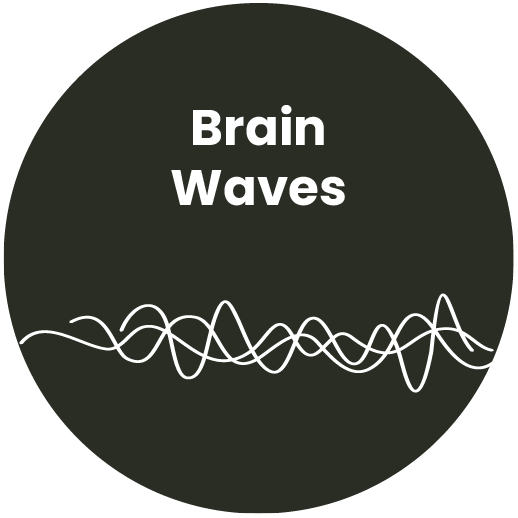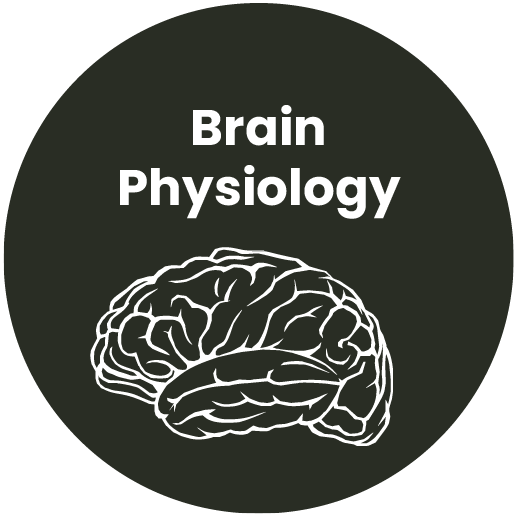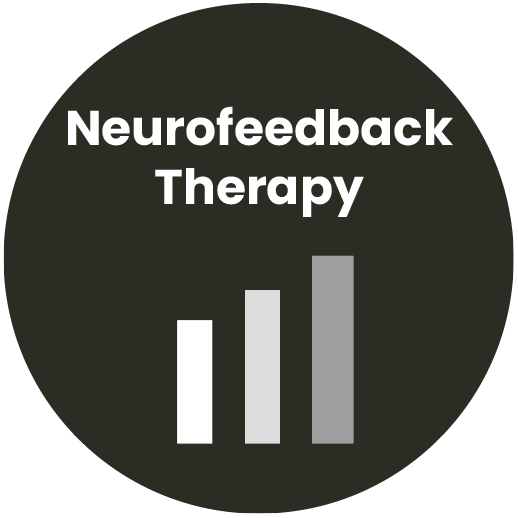Understanding Sleep Disorders
Sleep disorders encompass a range of issues including insomnia, sleep apnea, restless leg syndrome, and narcolepsy, which impact the quality, duration, and timing of sleep. These disorders can lead to significant health problems, including cardiovascular disease, obesity, and mental health issues such as anxiety and depression.
Neural Imbalance in Sleep Disorders

Imbalance in alpha, beta, and theta waves: This activity during sleep disorders manifests as disrupted sleep architecture, including difficulties in falling or staying asleep, abnormal sleep cycles, and fragmented or nonrestorative sleep, contributing to daytime fatigue and impaired functioning

Abnormalities in regions such as the hypothalamus, thalamus, and brainstem: In sleep disorders, alterations in brain physiology and structure involve disrupted neural networks, neurotransmitter imbalances, and the above mentioned concerns leading to difficulties in initiating or maintaining sleep and impaired sleep-wake regulation.

Neurofeedback therapy can assist sleep disorders by targeting brain physiology, structure, and waves. By training individuals to regulate brain activity, it aims to promote healthier sleep patterns, enhance sleep quality, and improve overall sleep-wake regulation.
Evidence of Effectiveness
Several studies have demonstrated the effectiveness of neurofeedback in improving sleep. Cortoos et al. (2010) found that neurofeedback training led to significant improvements in sleep onset latency and sleep efficiency in individuals with insomnia. Similarly, Hammer et al. (2011) reported that neurofeedback reduced symptoms of insomnia and enhanced sleep quality by training participants to increase their alpha and theta wave activity during sleep.
Clinical trials and case studies further support the efficacy of neurofeedback for sleep disorders. For example, a study by Hauri (1981) showed that neurofeedback training improved sleep onset latency and sleep duration in insomniacs. More recent trials, such as those conducted by Arns et al. (2014), have confirmed these findings, demonstrating sustained improvements in sleep quality and duration following neurofeedback therapy.
Conclusion
Neurofeedback therapy offers a promising non-pharmacological approach to managing sleep disorders by addressing neural imbalances and promoting healthier brain wave patterns. With ongoing research and technological advancements, neurofeedback could become a standard treatment option for those struggling with sleep-related issues.